A Year in Books: My Top Reads of 2024
Reflections on the Books and Authors That Shaped My Year
Reading has always been an important part of my life. Books bring perspective to our lives. They inspire empathy and compassion for people we’ve never met, helping us to find within others a piece of ourselves and revealing the common threads of humanity that unite us all.
But books aren’t just windows into the lives of other people and their stories; they are also the archives of our human history. From historical accounts that capture pivotal moments in time to novels that inspire change, books are a bridge between each generation and the next. They are a multitude of things—conduits for compassion, chroniclers of history, and catalysts for insight into the world and our place in it.
Candidly, I fell short of my annual reading goal but I still made time for a few worthwhile reads. If you’re looking for something new, I’ve put together a list the five books that impacted me the most in 2024. Each one, in its own way, stretched my mind and deepened my understanding of the world around me—as books always seem to do.
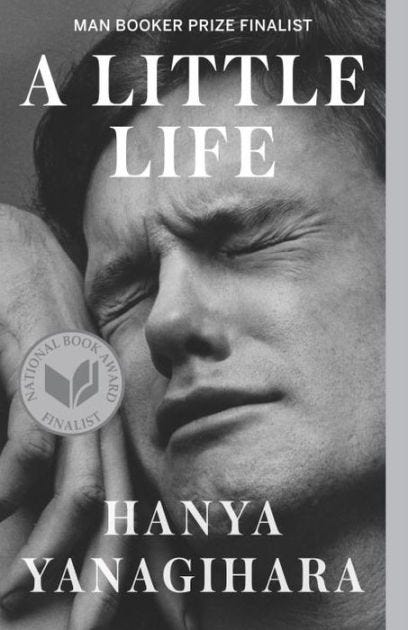
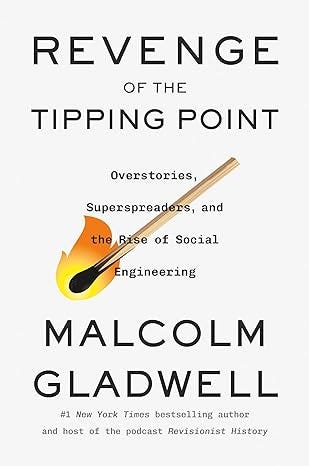
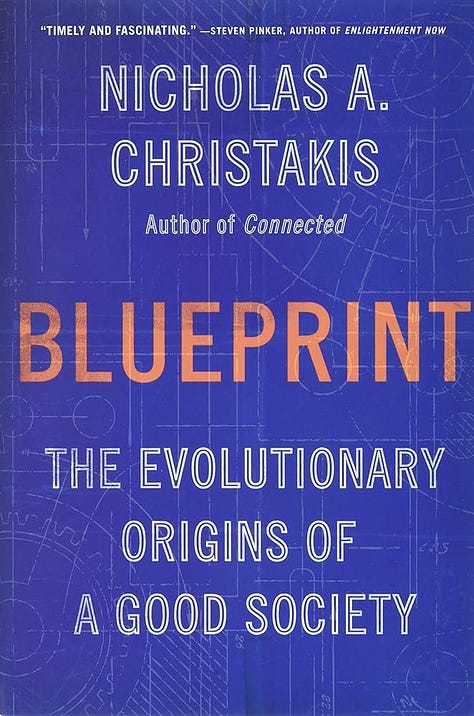
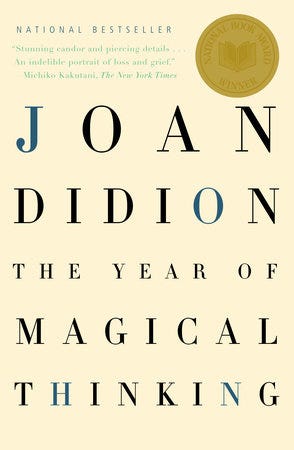
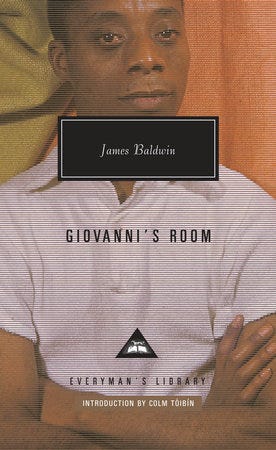
A LITTLE LIFE
By Hanya Yanagihara
A Little Life follows four college classmates—broke, adrift, and buoyed only by their friendship and ambition—as they move to New York in search of fame and fortune. While their relationships, which are tinged by addiction, success, and pride, deepen over the decades, the men are held together by their devotion to the brilliant, enigmatic Jude, a man scarred by an unspeakable childhood trauma. A hymn to brotherly bonds and a masterful depiction of love in the twenty-first century, Hanya Yanagihara’s stunning novel is about the families we are born into, and those that we make for ourselves.
There are books that change you. That teach you things about yourself and the people around you. That inspire you to love with greater fervor. That accentuate anew the burdens others carry and arouse renewed compassion. That embody the preciousness of life and one of its inescapable truths: our friends and family—and the time we share with them—comprise just as much of who we are as the identity we create for ourselves. This is one of those books
THE YEAR OF MAGICAL THINKING
by Joan Didion
A National Book Award Winner, The Year of Magical Thinking is a deeply personal exploration of grief, memory, and resilience in the face of devastating loss. Written in the wake of her husband’s sudden death and her daughter’s life-threatening illness, Didion meticulously recounts each moment of shock, denial, and emotional upheaval. Through her precise, insightful prose, she captures the powerful and often irrational nature of grief—what she calls “magical thinking.” This raw, reflective memoir ultimately underscores the extraordinary ways the mind and heart cope with unimaginable sorrow.
This book is absolutely beautiful, a starkly honest and tantalizingly intimate examination of grief. Few people can string words together like Joan Didion. She lays bare the disorienting nature of loss—how the mind clings to rationalizations and the faint hope of reversing reality. But her story isn’t merely about heartbreak; it’s also a testament to the resilience we discover in ourselves, however reluctantly, when faced with life-altering tragedy.
GIOVANNI'S ROOM
by James Baldwin
Giovanni’s Room is a groundbreaking exploration of identity, love, and desire set against the backdrop of 1950s Paris. The novel follows David, an American struggling to come to terms with his sexuality and torn between societal expectations and his feelings for Giovanni, an Italian bartender. Baldwin’s evocative prose captures the intensity of the men’s relationship, unraveling their deepest fears and longings as they grapple with issues of guilt, shame, and self-acceptance. Even decades after its publication, Giovanni’s Room remains a poignant and fearless portrayal of the complexities of human connection.
A courageous novel and some of Baldwin’s finest work. Giovanni’s Room is a beautiful yet tragic portrait of same-sex love and consequences of living in a world that does not understand or accept it—how societal norms and internalized expectations can derail the most genuine of human connections. The book’s significance is propelled even more by the context of its publication, which was discouraged by Baldwin's American publisher out of fear that a book with mostly white protagonists and “the theme of homosexuality would alienate him from his readership among black people.”
BLUEPRINT: THE EVOLUTIONARY ORIGINS OF A GOOD SOCIETY
By Nicholas A. Christakis
Blueprint explores how humans are biologically wired for cooperation, compassion, and social connection. Drawing on a blend of evolutionary biology, sociology, and historical case studies, Christakis illustrates the “social suite”—a set of universal behaviors like friendship, cooperation, and learning that shape how societies emerge and thrive. He argues that these traits have been baked into our genetic makeup over millennia, enabling communities to form resilient bonds even in challenging circumstances. By revealing the deep-rooted blueprint for goodwill and mutual aid, Christakis offers a hopeful perspective on humanity’s capacity for building healthier, more cohesive societies.
I’ve long been a fan of Nicholas Christakis and had intended to re-read this book for some time now. Admittedly dense, and at times painstakingly so, Blueprint is both revelatory and comforting—revelatory in its deeply researched survey of our evolutionary history and comforting in its premise that we, humans, are pre-wired to care for one another, even in such trying times. In his own words, “The arc of our evolutionary history is long. But it bends towards goodness.”
REVENGE OF THE TIPPING POINT: OVERSTORIES, SUPERSPREADERS, AND THE RISE OF SOCIAL ENGINEERING
By Malcolm Gladwell
Twenty-five years after the publication of his groundbreaking first book, Revenge of the Tipping Point delves into how subtle forces turn everyday ideas into global phenomena. Weaving real-world examples of viral movements and cultural shifts, Gladwell spotlights “superspreaders” who capture momentum at precisely the right instant. Drawing on psychology, sociology, and behavioral economics, he illustrates how overarching narratives reshape societies—ultimately prompting us to reflect on the moral implications of social engineering. If you prefer audiobooks, this is the book for you.
Truthfully, there are few Malcolm Gladwell books that I haven’t enjoyed and this one is no exception. In typical Gladwellian fashion, Revenge of the Tipping Point is insightful and offers a timely reminder of both the promise and peril of social engineering in an increasingly engineered world. It challenges us to consider why certain ideas proliferate and the ethical dimensions of these now-frequent viral transformations. Though with a slightly sub-par ending (or more aptly put, unpersuasive), the broader arch of the storyline is incisive.
For my fellow podcast listeners, I highly recommend checking out Season Two of Puskin’s Fiasco, titled Bush v. Gore, which recounts what happened during the contested 2000 election between Al Gore and George W. Bush, and the extraordinary legal battle that unfolded in Florida in the aftermath of Election Day.

